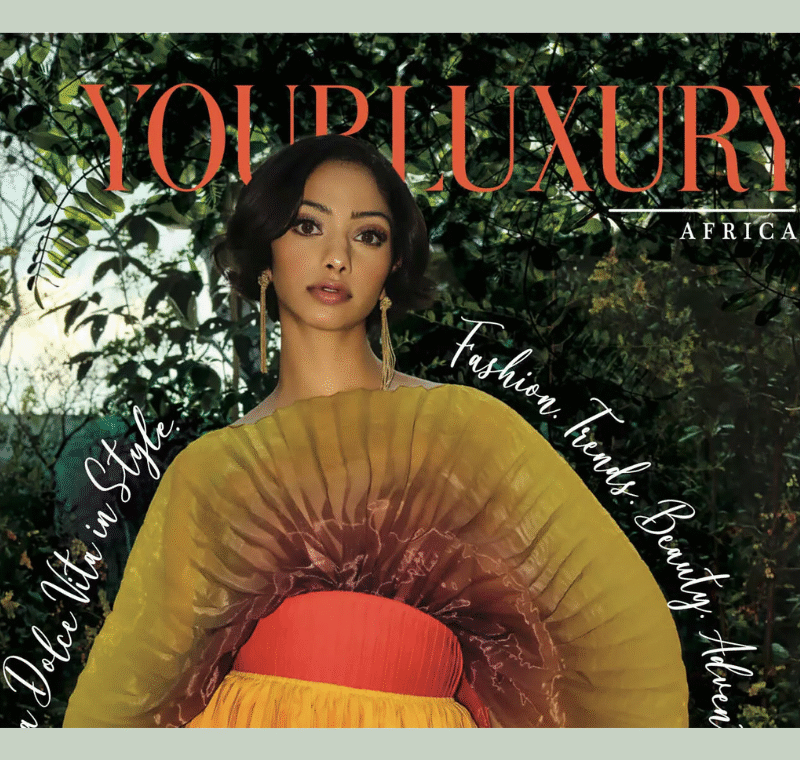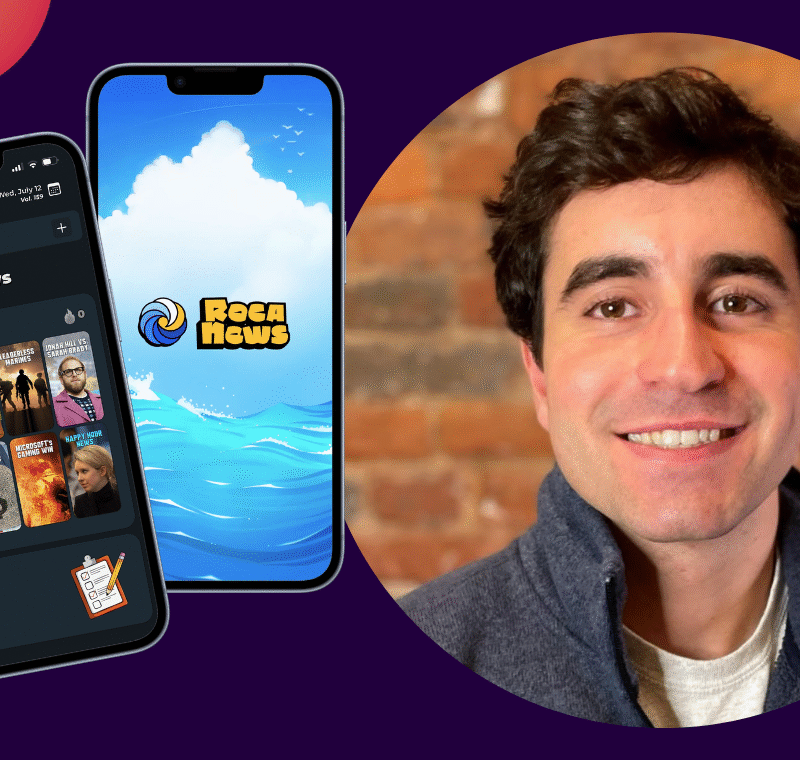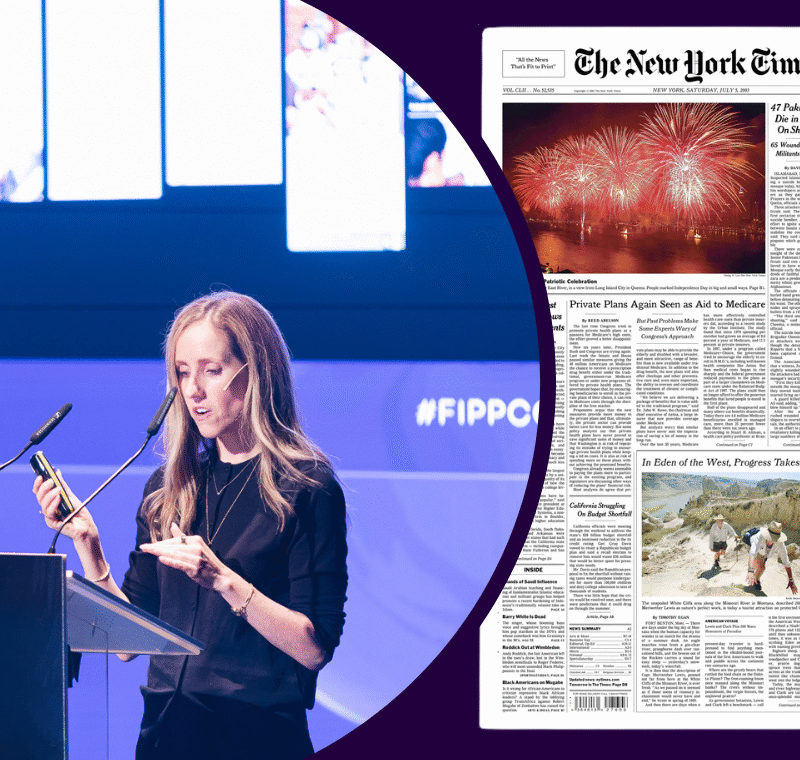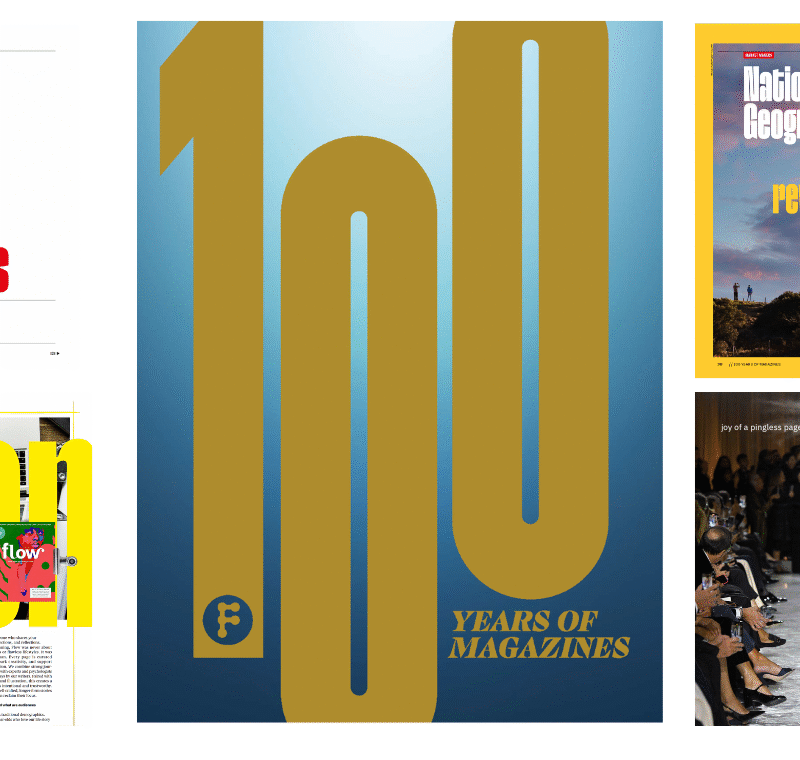The pivot to ‘clubscription’
It’s notoriously hard – and a bit of a lottery – to secure an entry into the Paris Marathon. But not if you’re a digital subscriber to the Wall Street Journal (WSJ). An additional benefit that comes with being able to read the WSJ online this month, is the chance to apply for a complimentary race entry to the 2018 Paris Marathon, one of the most popular marathons in Europe. Once you have successfully gained your race number, it takes one click to also view a recommended training plan, a guide to the marathon and the city of Paris as well as race advice, pre-race nutrition tips and a post-race recovery plan.
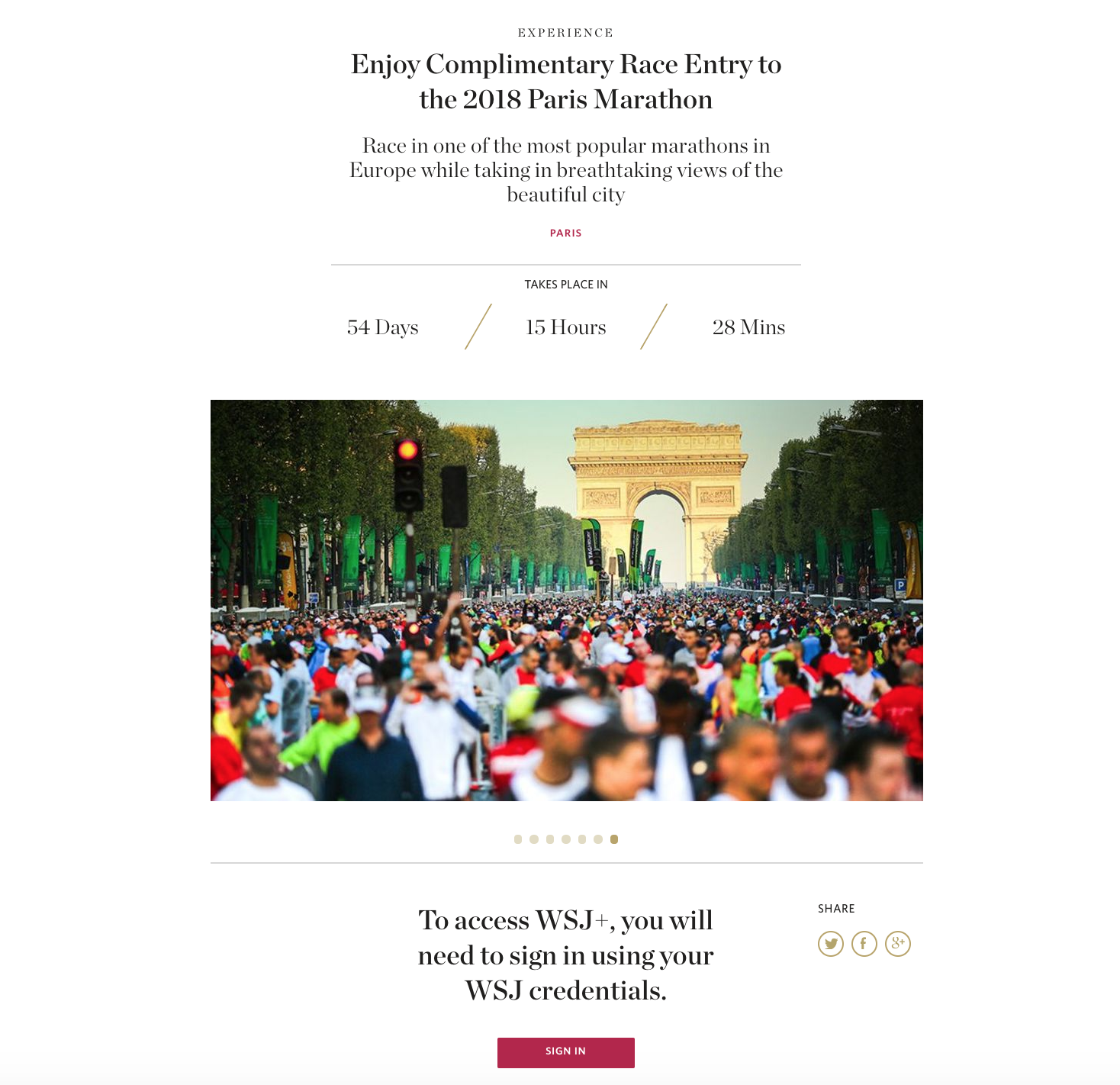 |
Running not your thing? Then why not opt for some of the other benefits of joining ‘WSJ+’, which range from a leadership master class to a VIP ticket to the Taste Dubai food festival, a truffle foraging adventure in Italy, or perhaps a private champagne tour of art exhibitions in London, Oxford, Amsterdam, Boston or New York. These are but a few of the 66 experiences on offer if you join what has now effectively become an international WSJ club.
Of course, joining clubs or entering into subscription agreements is nothing new. Subscriptions have been pioneered by legacy newspapers and magazines, adapted by mobile phone and cable companies and remains the business model for modern technology firms such as Netflix or even just the gym down the road.
Clubs, as we all well know, have been around since the beginning of time, wherever two or more people were devoted to any common cause, whether this be sharing thoughts, social activities or supporting a charity.
At DIS2018, 19-20 March in Berlin, we’ll hear more from Axel Springer, Dennis, and The New York Times on their subs models, while there is also a fascinating case from a newspaper startup in Slovakia earning 80 per cent of revenues from subs. Sign up today before our Early Bird offer with savings of 100s euros end tomorrow.
 |
Subscriber-only clubs with benefits
But in a publishing environment where traditional income streams are under extreme pressure, subscriber models and clubs are merging, and much more aggressively so within the digital sphere. What we are witnessing is a pivot to ‘clubscription’, a subscriber-only club with benefits and offers as a reward for becoming a member of an elite readership.
What traditionally was on offer to subscribers – a best price guarantee, every issue “delivered direct to your doorstep”, some unique content editions, special offers, discounts and freebies – can now be digitally expanded to all of the above with endlessly more pluses. These include access to online archives as far back as almost the discovery of the printing press and photography itself, subscriber-only hubs, portals, social media groups, exclusive personalised links to restricted groups, ‘secret clubs’, complementary ebooks, conference calls and code-protected podcasts and videos. Special offers, discounts and freebies are taken to a different stratosphere with “unique codes” and data driven hyper-personalisation offers (read: ‘me-commerce’).
Add to the above the possibilities born from AI driven data gathering, then the intricacies at the core of clubscribing could drive the so-called virtuous cycle from a complex chain of transactions to a predictable, and exploitable, feedback loop.
Read the word ‘exploitable’ and platforms like Google and Facebook automatically come to mind. Is this not what they have been doing all along, or getting better at? Not entirely so, says industry experts. Media brands have an advantage over platforms because of their deeper understanding of their subscribers and their passions. Or in the words of Marcus Rich, CEO of Time Inc. UK: “We have built a business on audience passion.” Over time, and especially because of the rise of social media, people have become even more passionate about a variety of special interest activities. “Then all you need to do is work out when and where we have permission to extend the relationship with the audience, whether this stretches into events or ecommerce.”

Joining an exclusive community
An exclusive digital world is being created by some digital pure plays like the San Francisco based The Information. Apart from exclusive subscriber events such as a ‘Hybrid Cloud & AI’ summit in Seattle this month or an ‘Autonomous Vehicles Summit’ later this year, an archive of exclusive news, conference calls and videos are hidden behind a paywall.
The difference, however, is not merely buying yourself past a paywall. The subscription model is sold on the premise that the privilege to see, as one example, Airbnb’s head of policy Chris Lehane argue his point at a recent The Information event, is one of the benefits of “joining a high-powered community of tech and business leaders”. If you happen to be under 30 you can even become part of “The Information’s Young Professionals Plan”. At $199 a year for the next five years you will gain access to not only the normal range of articles and videos on offer but also exclusive events for millennials and a members-only Facebook group. And we have wondered how we can make platforms work for publishers?

Hedonic payoff
With clubscriptions publishers are also heeding a shift in consumer spending. Recent studies suggest the anticipation of an experience has greater value than merely buying stuff. Psychologists Amit Kumar, Thomas Gilovich and Matthew Killingswortha writes in their 2014 study report ‘Waiting for Merlot’ that people grow frustrated before buying things, yet happy before buy experiences. When people value experiences more than goods, publishers are doing well to tap into what scientists like to call ‘hedonic adaptation’ – when good feelings linger longer because of a good experience.
One publisher that’s tapping into ‘hedonic payoff’, so to speak, is BBC Worldwide.
Publishing director Chris Kerwin says it happens because good and trusted brands have a better chance to monetise the special relationship it has with its audiences. BBC Good Food, as one example, launched the BBC Good Food Wine Club in partnership with wine merchant Laithwaites. Creating a sense of exclusivity is part of the event strategy. Last year BBC Good Food trailed a new brand called ‘Feast’, working with the Royal Palaces to offer shows at Hampton Court and the Tower of London. “In addition,” says Kerwin “we offer exclusive events for our subscribers, including wine tasting and ‘money can’t buy’ restaurant experiences, as well as arranging events with some of the UK leading chefs at some of the UK leading restaurants called Good Food Eats Out.”
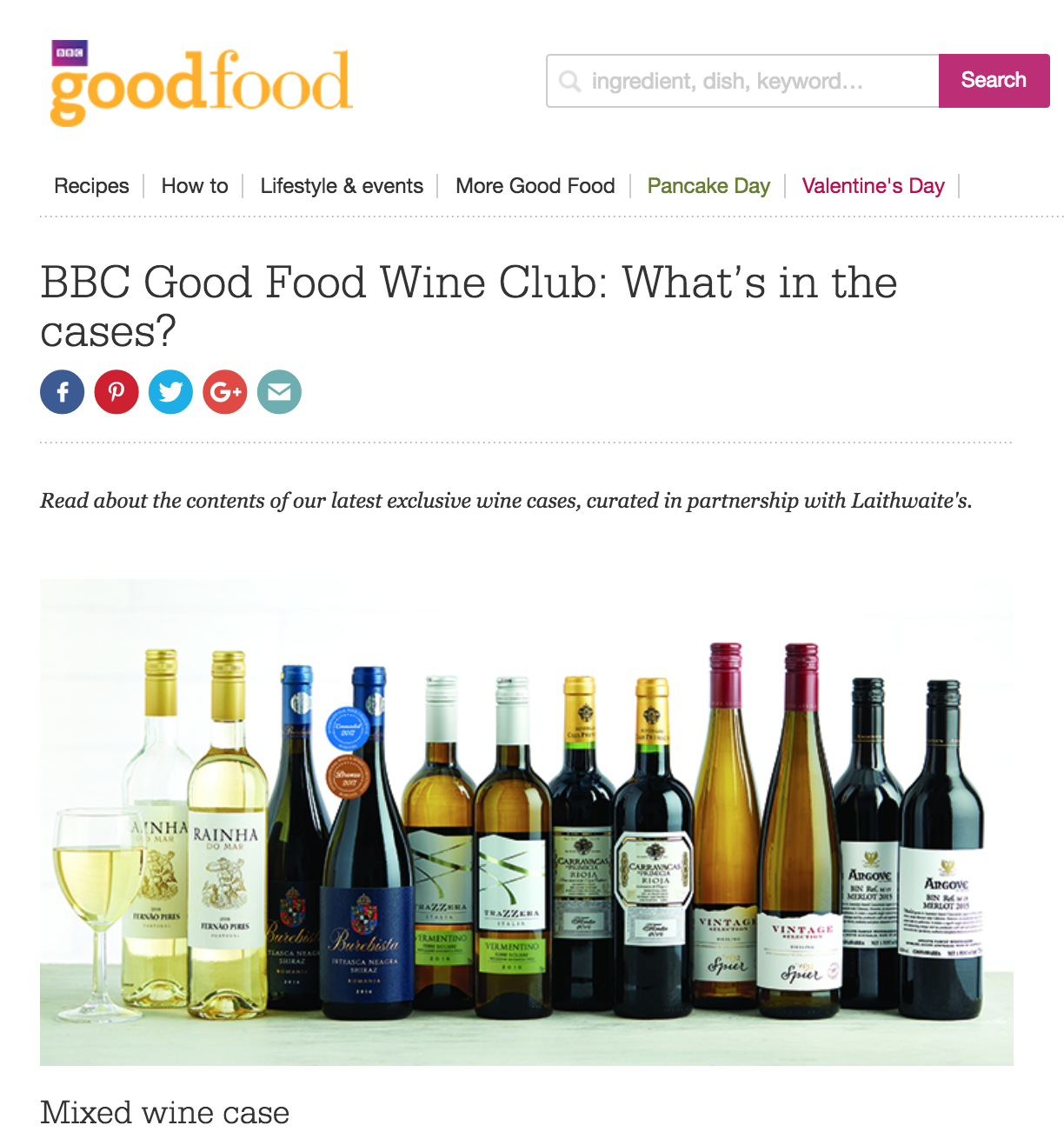 |
But, warns Pierre Steyn, editor-and-chief of ‘Go!’, an outdoor lifestyle magazine in southern Africa, to be successful in broadening reader revenue in this way “you need strong brands built on good journalism”. Without even trying to enter the tourism and travel market, the strength of the ‘go!’ brand led them there. “We found that readers asked for advice, trusting our editorial staff to advise them on where to go, when to go and how to go. This created an opportunity for the editorial ethos to pay dividends.” Initial subscriber offers morphed into an entire business of offering mountain bike slackpacking tours, intensive photography weekend workshops, outdoor cooking classes, camping weekends and even 4X4 tours. For readers to be become part the ‘Go!’ club is now somewhat of a status symbol.
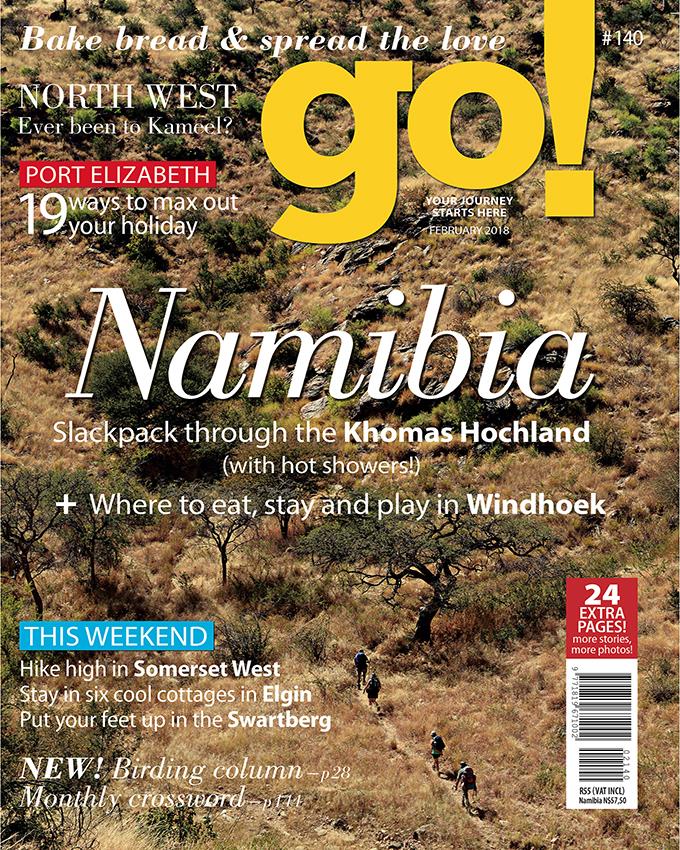 |
More like this
Publisher business models in the age of platforms
Five industry experts give their insights into emerging subscription models
Building B2C and B2B subscription revenues into the dominant revenue stream
How subscriptions became a driver of profit at The Economist

